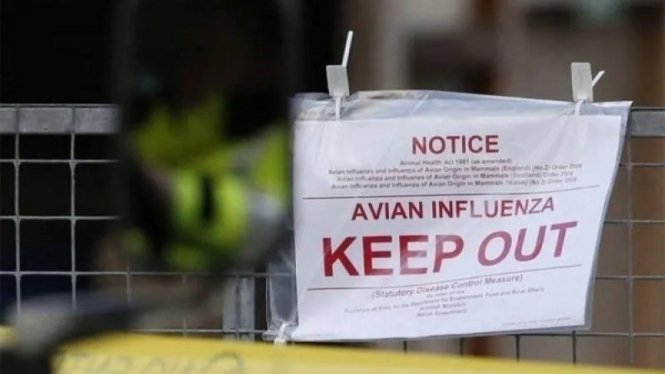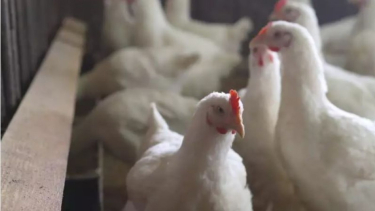Indonesia Has Experience in Handling Bird Flu, IDI Reveals
- Antara FOTO.
VIVA – Recently, a case of Bird flu variant 2.3.4.4b occurred in Cambodia and resulted in two deaths. This makes some parts of the world worried about this disease. Bird flu, also known as avian influenza, is a highly infectious viral disease that primarily affects birds, but can also be transmitted to humans and other animals.
Head of the COVID-19 Task Force of the Executive Board of the Indonesian Medical Association (PB IDI), Dr. dr. Erlina Burhan, MSc, Sp. P(K) conveyed that previously Indonesia has experienced several outbreaks of bird flu over the years.
She also revealed that so far there have been no cases of avian influenza transmission between humans. However, currently, there have been cases of transmission between poultry.
"So actually, avian influenza has been found but still in poultry in Kalimantan and hopefully there is no human-to-human contact yet. Indonesia has also experienced bird flu cases. At that time, there were not too many cases," said dr. Burhan when met at the PB IDI Office, Jakarta, on Thursday.
Ilustrasi flu burung lewat unggas
- Times of India
Regarding the possibility of a pandemic in the future. dr. Erlina revealed that the possibility is quite small. "The possibility of a pandemic is small. One is collaboration and immediate handling. All stakeholders have overcome it, I think we have learned enough. Because that's what we can involve. Yes, there is indeed poultry migration from other countries that must be watched out for," she explained.
Meanwhile, that is related to the prevention of avian influenza transmission between humans. She said that the use of masks and gloves when in contact with poultry should be applied.
"Usually, the virus is in the feces. That's why we wear masks and gloves. If the virus is in the poultry we consume, then market traders are also advised to use gloves when cutting meat," she stated.
Furthermore, for people who do not have direct contact with poultry, it is important to process the meat thoroughly. Because the virus can die above a temperature of 60 degrees.
"We don't need to panic because there is no transmission from human to human and still from poultry to poultry," said dr. Burhan.


























